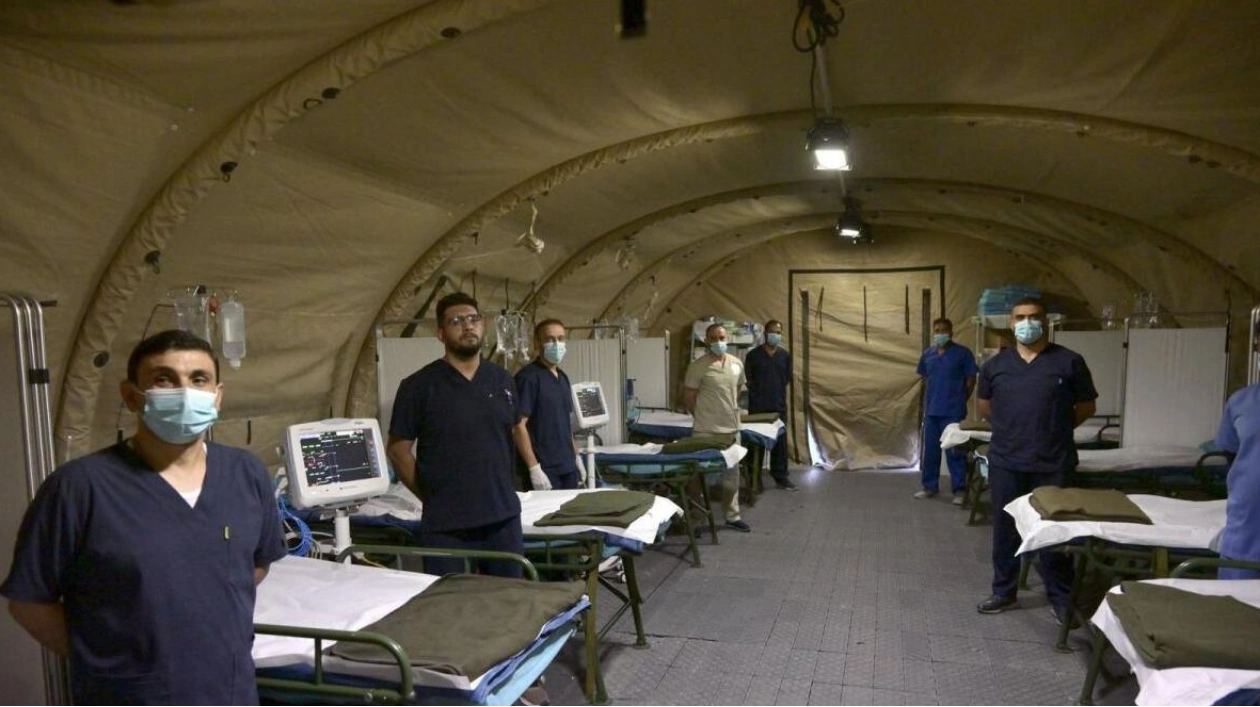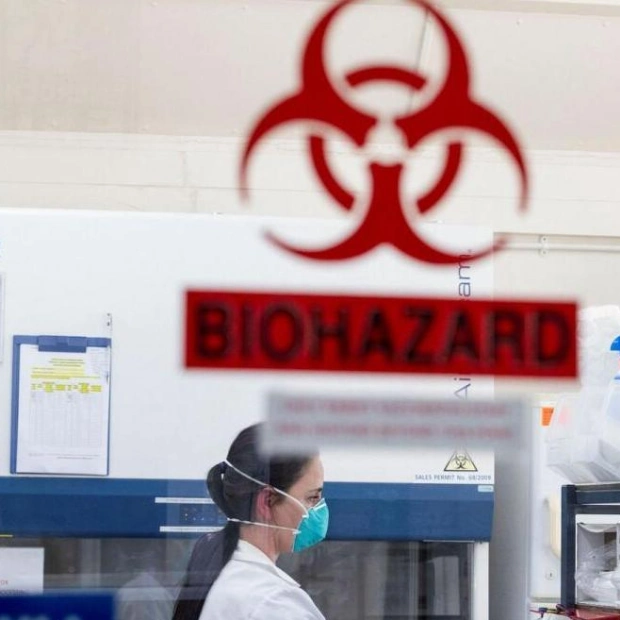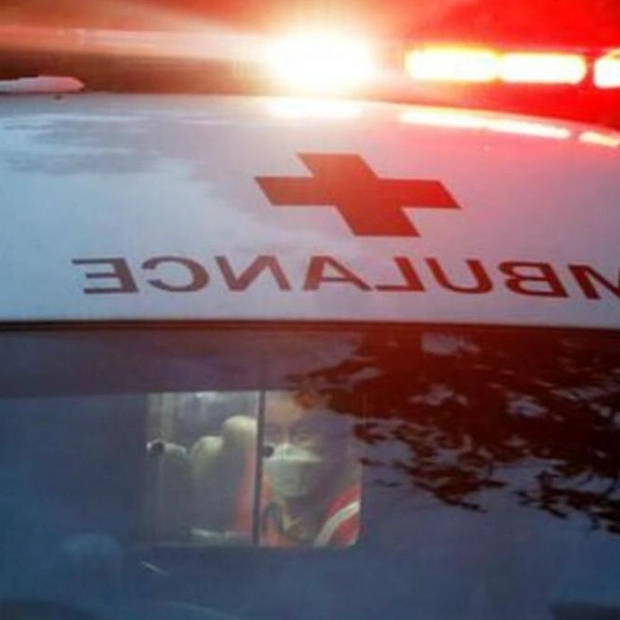A UAE-based physician who volunteered at the country’s field hospital in Gaza reported that it took him several weeks to regain his ability to sleep soundly after returning home. Dr. Thahir, an orthopaedic surgeon who spent nearly a month at the UAE-supported hospital, mentioned that he had become accustomed to sleeping amidst continuous bombings. “Initially, the constant bombing noises made it difficult for me to sleep,” he recounted. “However, over time, I adapted to it. Upon returning home, the silence was more challenging for me to cope with. It was difficult to sleep in such quiet. It took me nearly a month to readjust and sleep through the night again. It’s fascinating how the human body adapts to certain conditions.” Dr. Thahir expressed his gratitude for the chance to volunteer. “Along with hundreds of other doctors, I applied to volunteer,” he explained. “Typically, they select doctors who speak Arabic for better communication, but there was a shortage of orthopaedic surgeons, which is how I got the opportunity.” The Emirati field hospital, part of Operation Chivalrous Knight 3, has the capacity to accommodate 150 patients at any given time.
According to Dr. Thahir, volunteering at the field hospital was a life-changing experience. “One of the patients we operated on had to undergo amputation of one leg and one hand,” he remembered. “Later, we discovered that his entire family had been killed in the airstrike that injured him. What truly amazed me was the incredible patience and faith of him and the other Gazans. Their faith in God remained unshaken despite all they had endured. It was truly a transformative experience for me.” Despite the memorable experience, Dr. Tharir also noted the demanding work schedule. “We were performing about seven or eight surgeries a day,” he stated. “Although we were a team of four doctors, one was the head of department and had other responsibilities, so it was essentially three of us sharing the workload. We began our work at 8am and typically finished at 8pm. Every third day, we were on-call at night, meaning if there was an urgent case, that doctor would handle it. One day when I was on call, I started at 8am and finished only the next day at 3pm.” Despite the challenging schedule, Dr. Tharir praised the hospital’s resources and support. “At the UAE field hospital, there are sufficient medicines to last patients for at least three months, even without new supplies,” he noted. “There is an orthotist present at all times who provides free prosthetics to amputee patients. Some instruments available there are not even found in some private hospitals in the UAE. It is a highly equipped hospital.” Dr. Tharir also highlighted the exceptional care provided to the medical staff. “I actually brought some ready-to-cook meals just in case,” he laughed, “but I never needed them. We were well-fed three times a day, and they took care of everything, including laundry. It was truly impressive how well everything was managed for us.”






